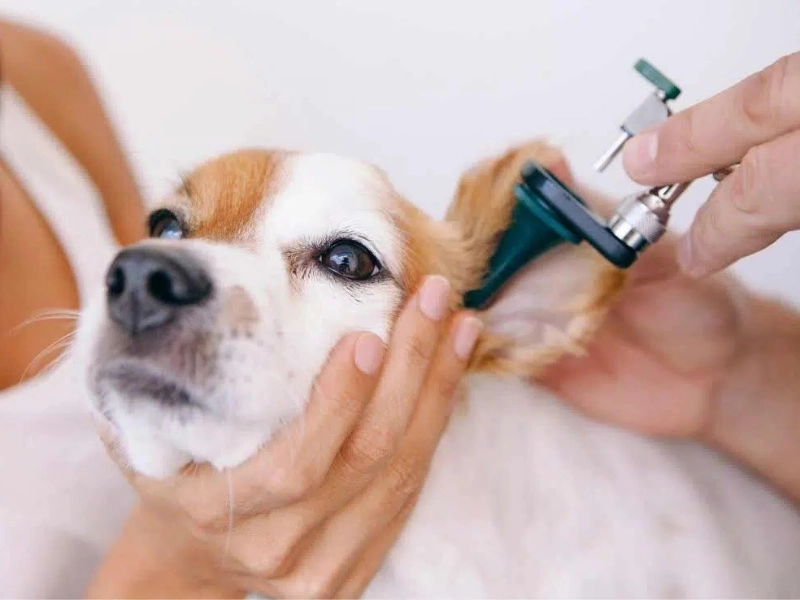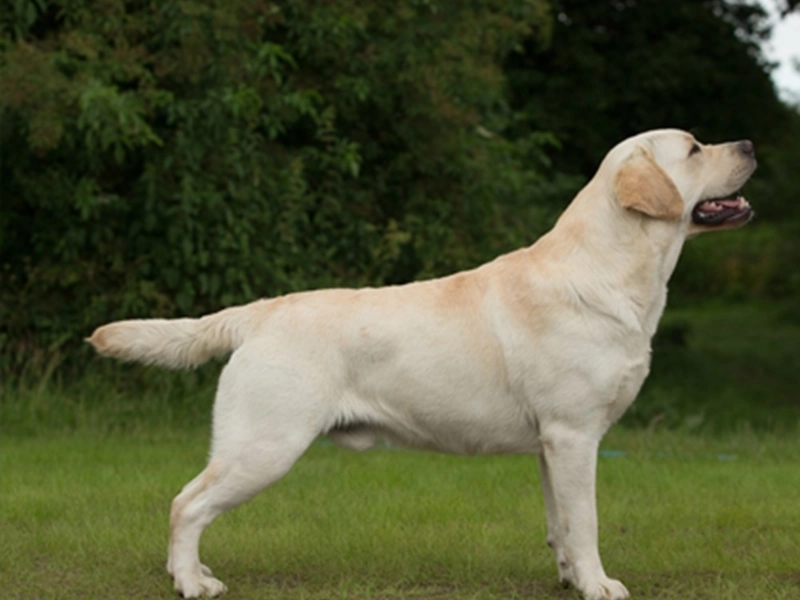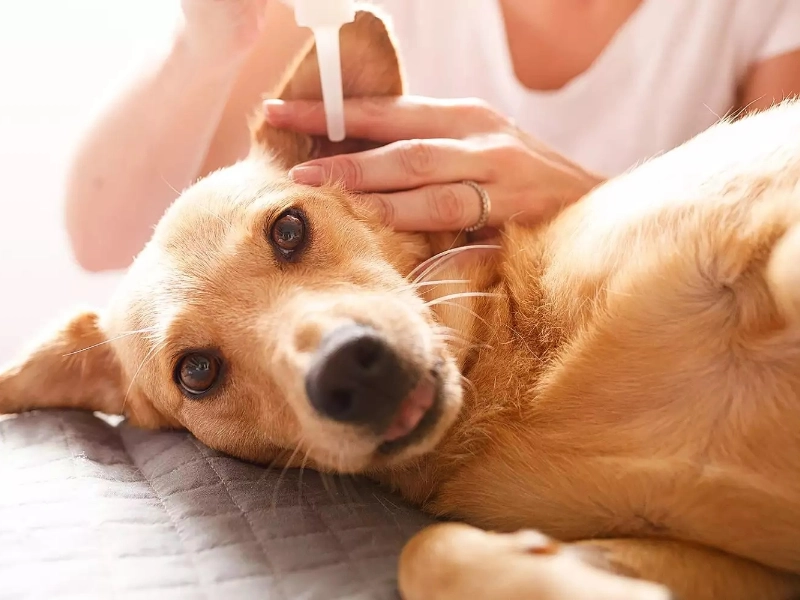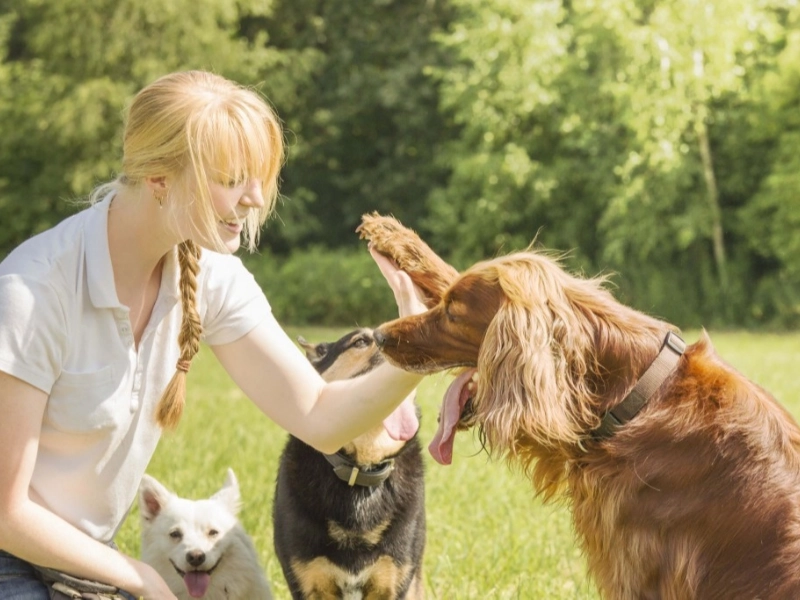Advertisement
heat

Advertisement
Parvo can manifest in dogs as fever, lethargy and loss of appetite. These symptoms can progress to vomiting and diarrhea within two days.
If your dog develops a fever, it's important to take them to the vet as soon as possible. Puppies, in particular, are at particular risk of contracting the virus and dying. Early detection and effective veterinary treatment can increase survival rates to nearly 90%.
Apathy

One of the first signs your dog may experience when infected with parvo is a lack of energy. This drowsiness can make it difficult for them to concentrate or complete physical and mental tasks.
Canine parvovirus infection is highly contagious and often affects puppies, unvaccinated dogs, and even older dogs with weakened immune systems.
Loss of appetite

If your puppy starts to show signs of parvo, they may have a decreased appetite. This can be the first sign that they have been exposed to the parvovirus and is often an indication of illness.
If your dog's appetite decreases or they seem unwilling to eat, contact your vet straight away. Sadly, dogs infected with parvo can be deadly if not treated promptly, so early detection and aggressive treatment are key to saving their lives.
Vomiting

Unfortunately, parvovirus infection is a common cause of vomiting in puppies and unvaccinated dogs, usually followed by diarrhea. Vomiting usually indicates a parvovirus infection.
If your puppy is vomiting, it is important to keep him away from other puppies until his symptoms subside and he is no longer spreading the virus. It is also a good time to disinfect all surfaces in your home that your puppy will be in, including toys, water bowls, and bedding.



